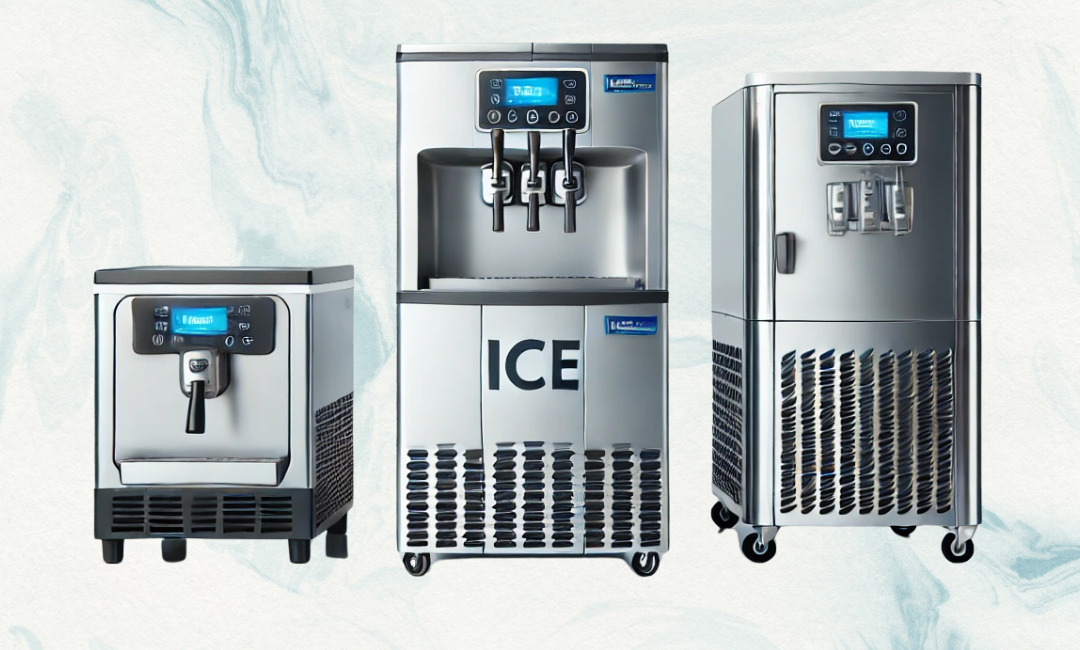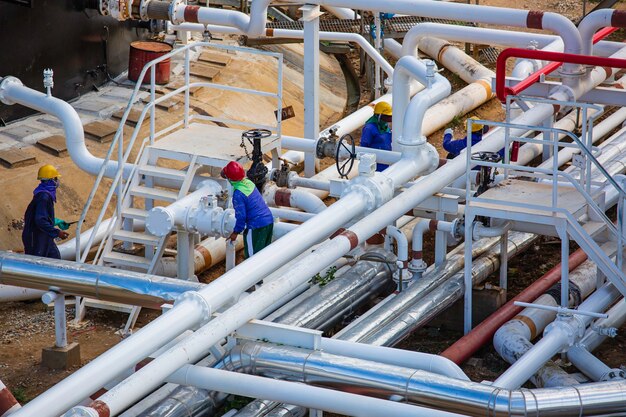To achieve the most significant industrial developments in the field of chemical processing, efficiency, accuracy, and consistency are necessary. The procedure vacuum system is one essential part that is crucial to these sectors. These instruments are made to produce a controlled vacuum environment, which is vital for several functions, such as evaporation, drying, distillation, and filtering. The significance of process vacuum systems and their impacts on chemical production—specifically in industries like petrochemical preparation, drug production, and edible oil refining—will be discussed in this article.
Process Vacuum Systems’ Significance in Chemical Processing
Reynolds Chemical Processing, an industry that needs fairly effective systems to achieve proper chemical response and product consistency, uses a lot of vacuum technology. A process vacuum system lowers the boiling points of fluids, which is safer and more energy-efficient. This is very useful for industries that must treat temperature-sensitive products under controlled conditions.
In addition, vacuum systems facilitate the removal of unwanted gases, water, and impurities from the reaction environment, ensuring superior product purity and preventing contamination. Many manufacturers of vacuum equipment offer customized solutions to meet the specific requirements of various chemical processing operations, ensuring sustainability and optimal performance.
Process Vacuum System Applications
Evaporation and Distillation in the Production of Chemicals:
Vacuum technology is vital to the evaporation and distillation operations during the production of chemicals. Because most compounds and solvents have extremely high boiling points, distilling them at atmospheric pressure does not work. By lowering pressure, a process vacuum system conserves energy and prevents thermal degradation by allowing the material to evaporate at reduced temperatures.
Reynolds Chemical Processing protocols are applied by industries such as agrochemicals, oil and gas, and pharmaceuticals to optimize their efficiency. Vacuum equipment manufacturers provide innovative solutions that enhance these protocols by enhancing productivity and ensuring product purity.
Vacuum Systems in Refineries for Edible Oil:
A vacuum system in an edible oil refinery is perhaps one of the most essential applications of process vacuum systems. Edible oils undergo purification procedures during refining to get rid of impurities, free fatty acids, and bad smells to guarantee a high-quality end product. Vacuum-facilitated procedures such as distillation, bleaching, and deodorization are utilized to achieve this.
- The process of distillation: Effectively separates fatty acids by lowering their boiling point using a process vacuum system.
- Deodorization: Use vacuum steam distillation to eliminate undesirable odor components from the oil.
- Bleaching: Eliminates trace metals and improves the oil’s color.
Using a vacuum system in an edible oil refinery ensures that high-quality, pure edible oils with a long shelf life are produced.
Vacuum Cleansing and Drying:
Another crucial function in the chemical industry, where moisture removal is necessary for product stability is vacuum drying. Because vacuum drying removes water at low temperatures, it helps preserve the integrity of heat-sensitive materials in industries like food processing and medicines.
In a similar vein, vacuum-assisted filtering increases the removal of solid contaminants from liquid products, therefore increasing separation efficiency. Reynolds Chemical Processing frequently uses this, where purity and accuracy are crucial.
Selecting the Best Manufacturers of Vacuum Equipment
The effectiveness and dependability of your process vacuum system depend on your choice of vacuum equipment manufacturers. High-quality equipment improves overall safety in chemical processing processes, lowers downtime, and uses less energy. Take into account the following elements while selecting a manufacturer:
- Efficiency of Energy: Select systems that are made to use the least amount of energy possible without sacrificing performance.
- Variation and Technology: Seek out producers who provide cutting-edge, adaptable vacuum solutions.
- Industry Conformance: Verify that the apparatus satisfies industry requirements for effectiveness and safety.
- Sturdiness and Upkeep: Reputable producers of vacuum equipment have to offer long-lasting systems that demand little upkeep.
Last Remarks
In chemical processing, a comprehensive process vacuum system is essential for drying, distillation, filtering, and refinement. Vacuum technology improves productivity, product purity, and sustainability in a variety of industrial settings, including Croll Reynolds Chemical Processing, edible oil refineries, and other settings. Businesses can improve their manufacturing processes and attain better outcomes by selecting the best vacuum equipment manufacturers.
The chemical processing industries will continue to gain from creative solutions that improve operational effectiveness and product quality as a result of the ongoing developments in vacuum technology.

























